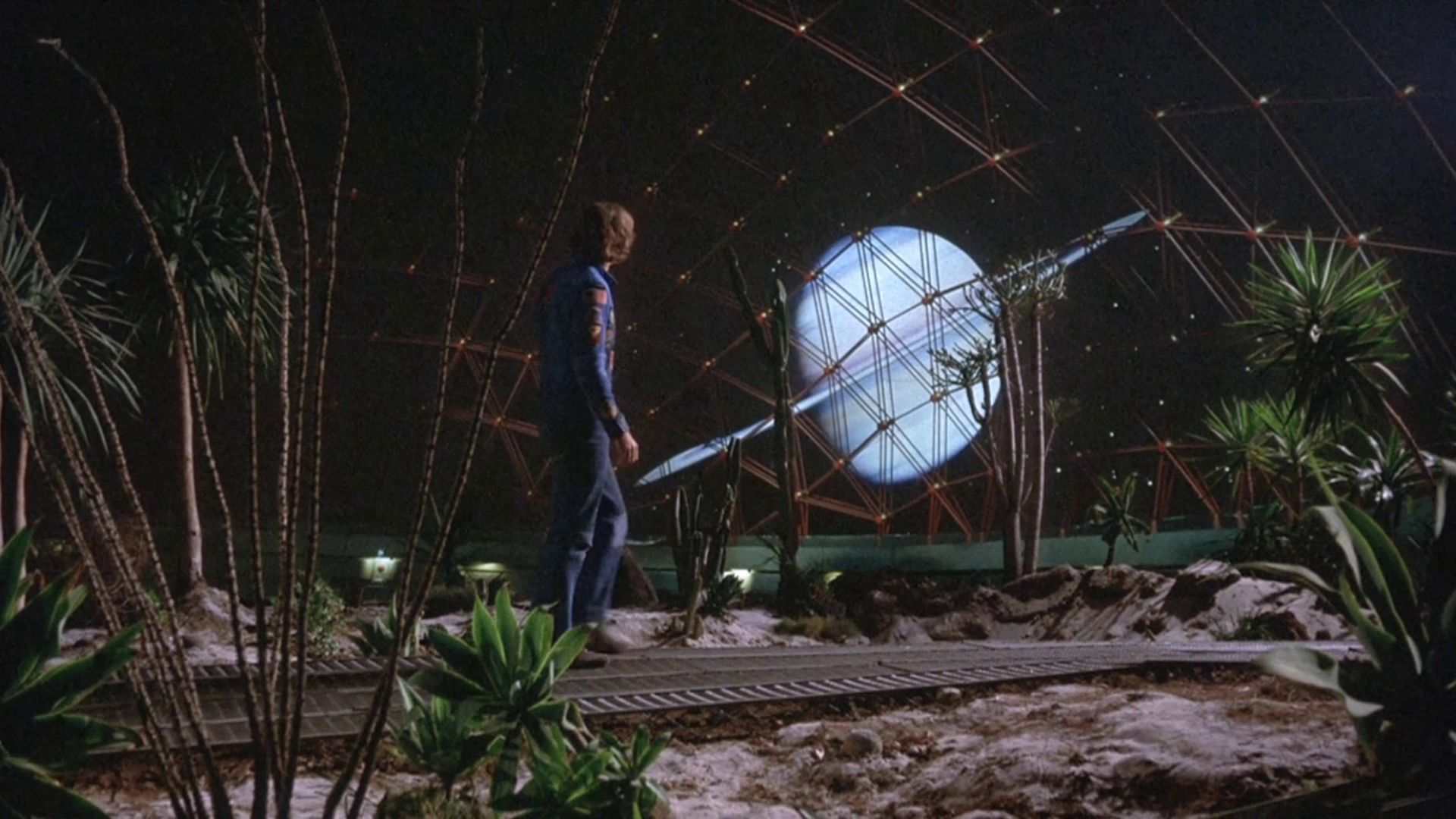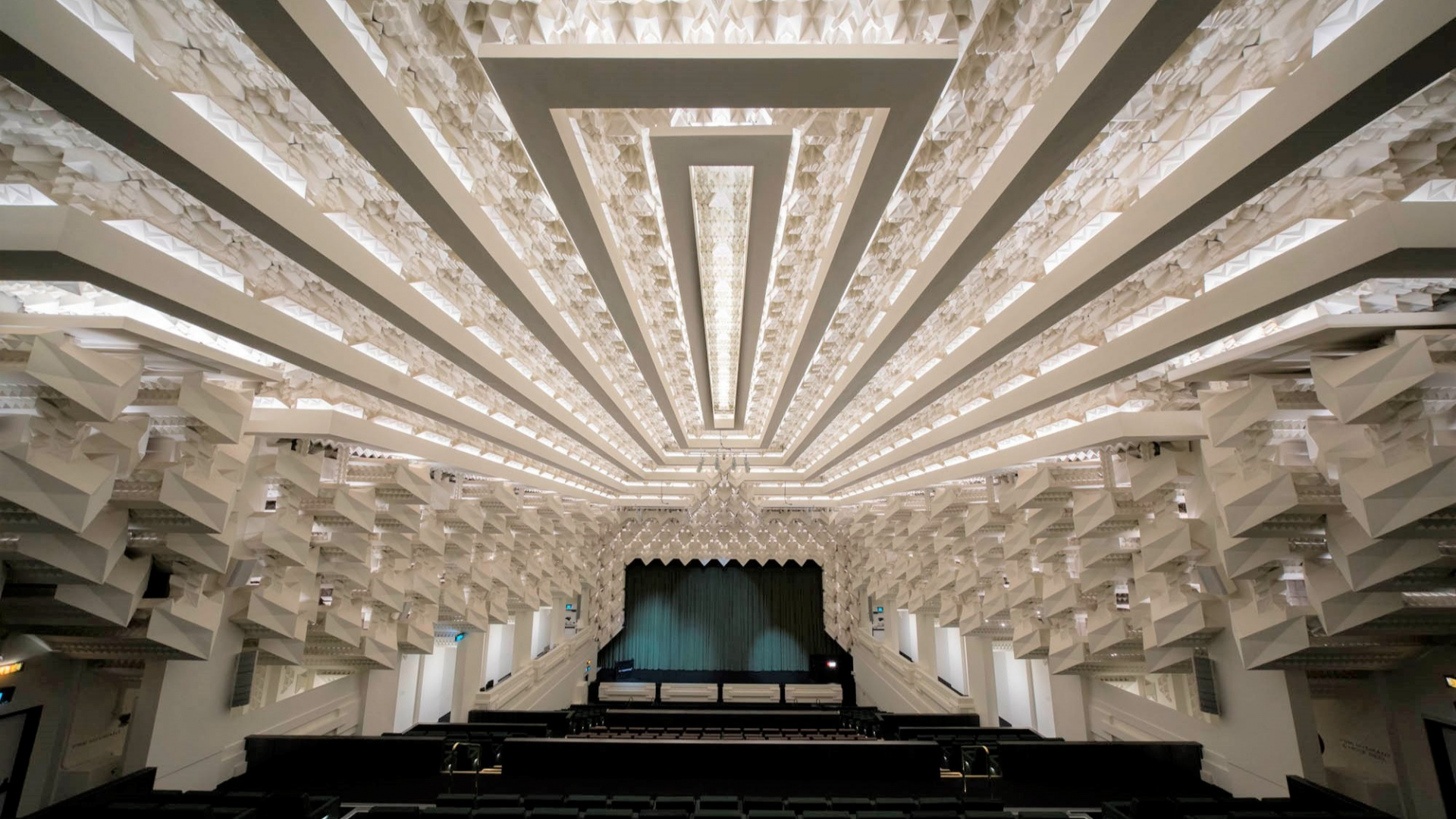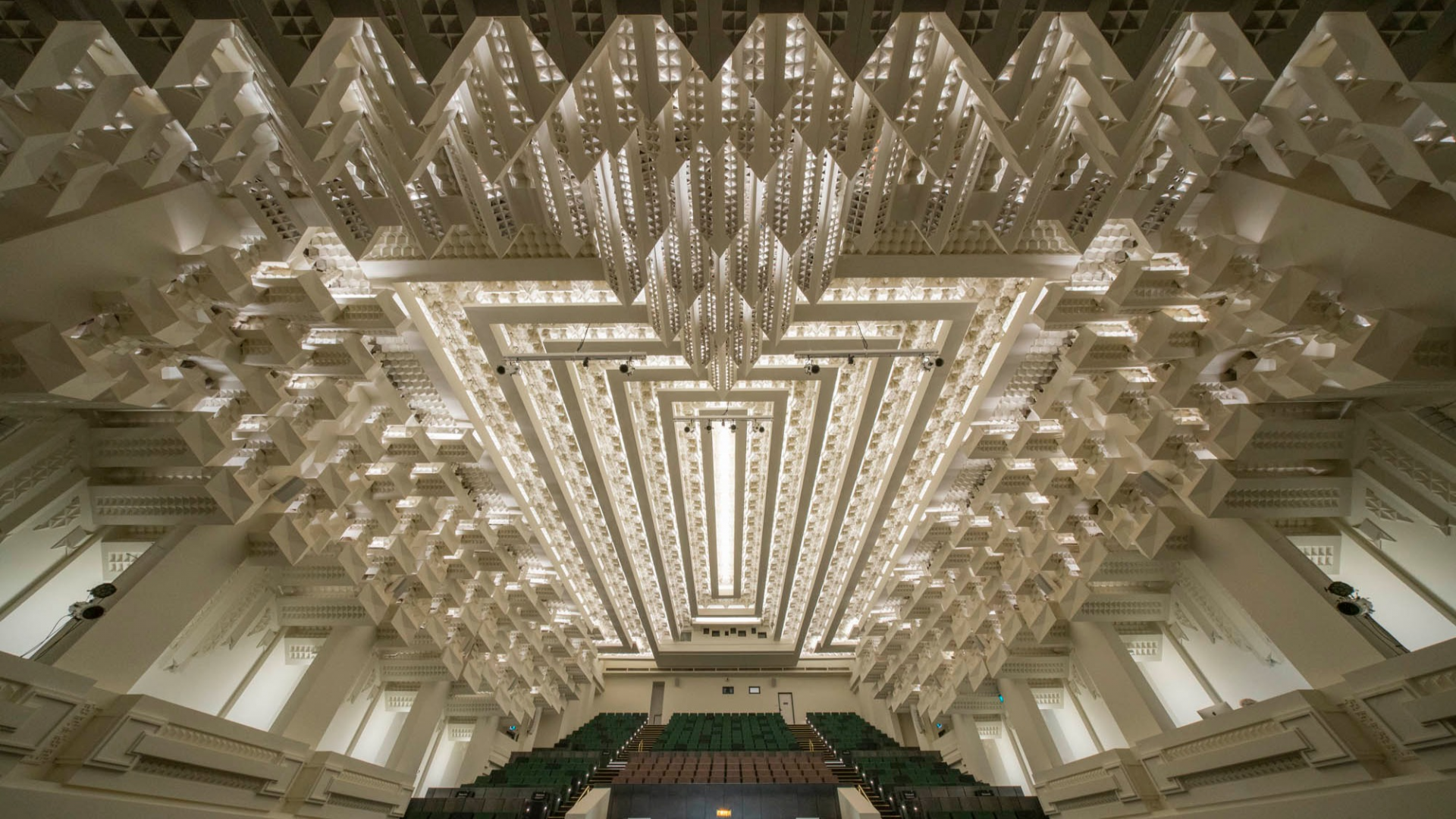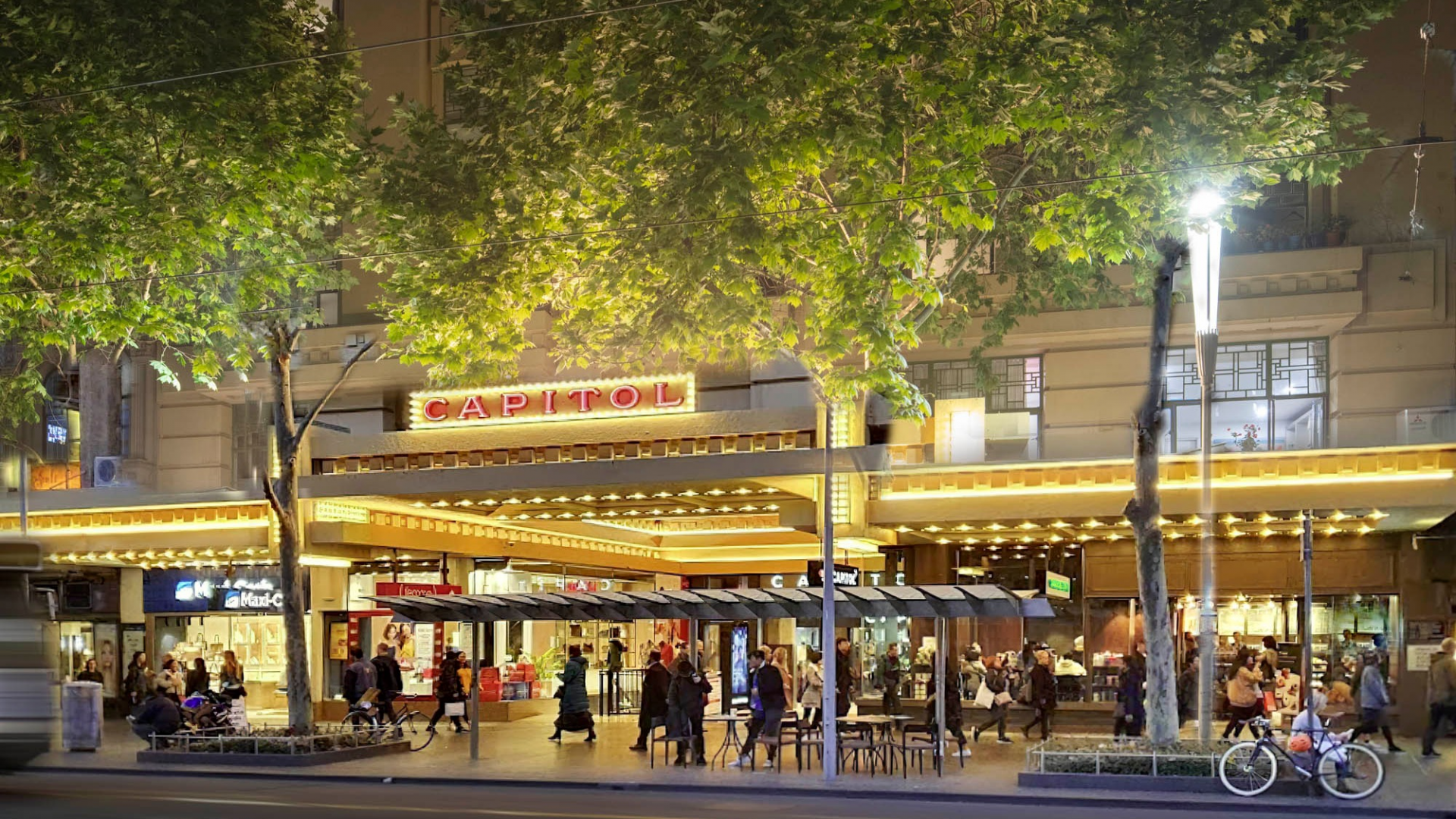Past Futures: Silent Running Past Event
The first film directed by SFX master Douglas Trumbull, this environmental-themed post-apocalyptic film was conceived from unused production artefacts that he created for Kubrick’s 2001: A Space Odyssey.
After the end of all botanical life on Earth, ecologist Freeman Lowell (Bruce Dern) maintains a greenhouse on a space station near Saturn in order to preserve various plants for future generations. Assisted by three robots and a small human crew, Lowell and his robots are forced to do anything necessary to keep their invaluable greenery alive.
Happily the outer-planetary pop-up gardens so mournfully depicted by Trumball have not come to pass. And what of the human race that cares so little for anything natural? This too is hard to conceive. Although, anticipating the development of sophisticated AI systems, the little robots that become Lowell’s sole companions have as much empathy for each other as the ecologist has for his beloved foliage (and certainly much more so than HAL-900 in the aforementioned space epic by Stanley Kubrick). Eminent astronomer Carl Sagan called out the film for its failure to reckon with the inverse-square law, in depicting its geodesic domes filled with dying flora as it hurtles towards Saturn. Still, the heart and concern (if not the scientific education) of Trumbull the artist cannot be ignored. Dystopian to its core, Silent Running palpably sounded the alarm about the fatal dangers of a future without life-giving greenery.
1972, 89 min, G, DCP, United States, English, Director Douglas Trumbull, Cast Bruce Dern, Cliff Potts, Ron Rifkin, Courtesy Universal Pictures.
This film is part of The Capitol’s Past Futures film program curated by Ghita Loebenstein and Michelle Carey.
In Past Futures we look at imagined dystopias and utopias that made their way into the collective conscious – into the design of now – and consider what might be in the making to come.
Videos
PAST FUTURES
Dystopias, Utopias and Back to Futurism on Screen
What futures were past filmmakers imagining for our present world? And did those sci fi prophesies come true? All dreamers and designers start from a place of deep imagining.
In Past Futures we look at imagined dystopias and utopias that made their way into the collective conscious – into the design of now – and consider what might be in the making to come.
In our selection of sci fi visionaries, some classic, others populist, and still others perhaps idiosyncratic, we look away from the stuff of shiny space wars, and towards a survey of the social, political, technological, environmental, interpersonal and existential prophesies dreamed onto the cinema screen over the last century.
To paraphrase Roger Ebert, these films offer “an arsenal of images for imagining the world.”
What worlds were filmmakers of the past envisioning for today? Which of these past-futures have materialised in shades of our lived realities? What do modern utopias and dystopias look like? Can cinema help us collectively design a world we want to see?
In curating this series my co-curator, Michelle Carey, and I considered the future worlds that filmmakers were envisioning in the past. In our selection you’ll find distinct visions from pasts that vary in length from way back to cinema’s silent beginnings, to just a moment or two ago.
The curated titles awakened a curiosity in us by way of each film’s aesthetic and philosophical design, some quixotic and wildly ambitious, others comparatively domestic while still suggesting a collective turn in consciousness or new ways of seeing and being.
Our present is very much felt and reflected in these past futures. What future visions are we projecting on screen, now?
Ghita Loebenstein, Creative Producer, The Capitol – RMIT University





